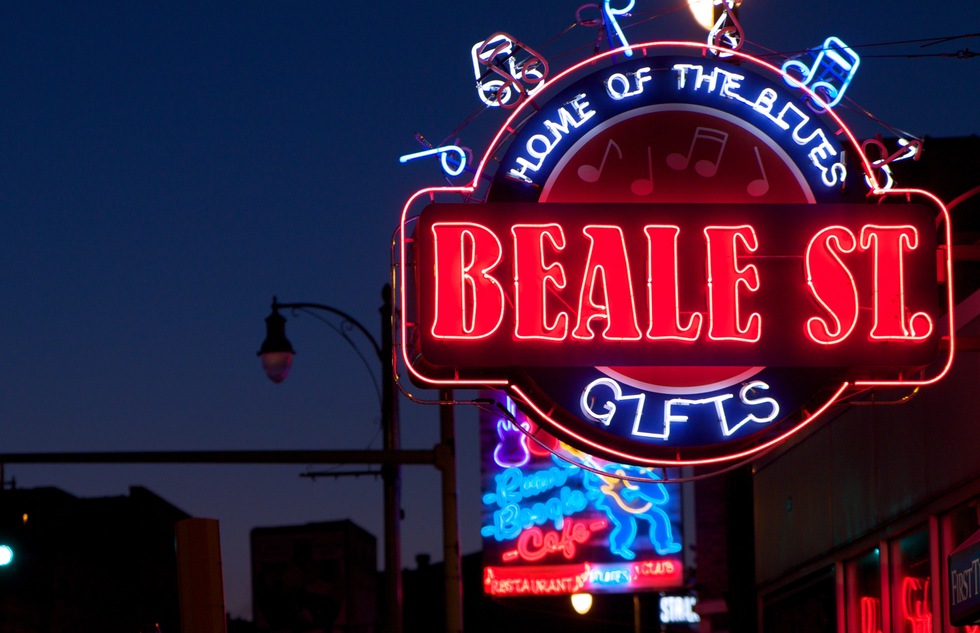Here's what going on in the world of travel today.
* AU REVOIR TO HIDDEN RESORT FEES? (Washington Post): It looks like the Federal Trade Commission (FTC) could be searching for ways to close a loophole allowing hotels to add hidden required fees to their rates, provided they disclose them before purchase. That means that hotels can advertise a certain rate online, but then when you start the booking process, you might find out there's a mandatory "resort fee" for amenities once included in the standard hotel price, like use of the business center and fitness room. Consumer advocates say that's unfair and deceptive—and increasingly expensive. In the first half of 2016, such fees have increased 8% to an aveage of $19.52 a night. The FTC could require hotels to disclose the fees in the room's base rate, so at least you'd know what you're getting.
And speaking of fees . . .
* WALKING IN MEMPHIS: THAT'LL BE $10, PLEASE (AP): It now costs $10 to enter Beale Street in Memphis, Tennessee, during its busiest times. Following a spate of violence along the beloved thoroughfare lined with blues bars, barbecue joints, and dance clubs, the city has introduced the entrance fee as a way of keeping out underage drinkers and troublemakers. The cover charge applies only on Saturday nights after 10 p.m.—in other words, when things start getting fun. The charges are expected to stay in place into August.
* AIRBNB VOWS TO ROOT OUT RACISM, BUT BLOCKS ABILITY TO SUE (New York Times): In the wake of user complaints about racial discrimination (PDF), Airbnb has vowed to weed out hosts who won't rent to guests on the popular online vacation-rental site because of their race. But, as the Times points out, users are blocked from pressuring the company by bringing any litigation, thanks to a "class-action waiver" all Airbnb customers have to agree to. To use the service, in other words, you have to promise not to sue or join any class-action litigation—measures that have proven effective in the past when it comes to forcing companies to change their discrimination policies. Instead, Airbnb is pursuing a kind of market-driven self-policing. As the company expands and presents itself as an alternative to hotels, it needs to persuade minorities that they're as protected against discrimination as they are at big hotel chains.
That's all we've got for now. Check back here throughout the week for fresh updates.






